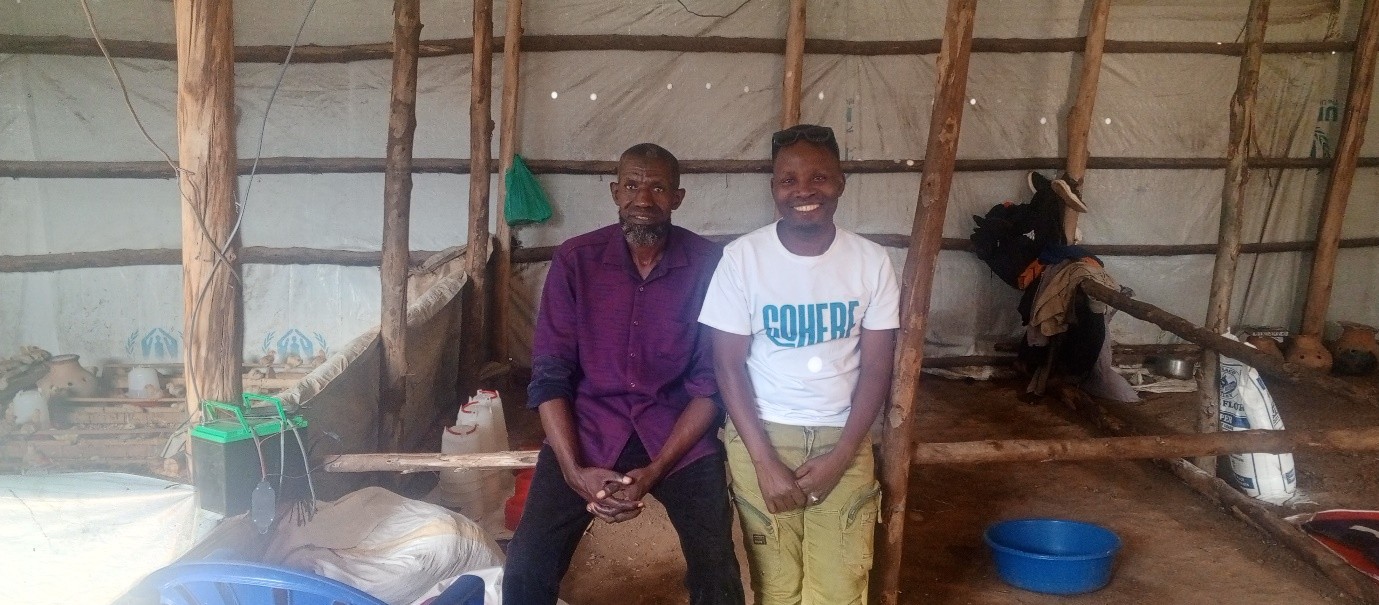Not long ago, I visited Mahani zone in the heart of Rwamwanja refugee settlement in southwestern Uganda; a place over 90,000 people call home. Among them is Abuba, a skilled chicken farmer and the founder of Ignite Hope Initiative, a refugee-led organisation that recently received a flexible seed grant through Cohere, by the Global Whole Being Fund.
When we disbursed the grant to Abuba, we told him something that startled him; in a good way. That the funds were flexible. That he could use them however he and his team saw fit, as long as it aligned with their vision. His response still rings in my ears. Not because of how grateful he was for the money itself, which he admitted was small, but because of what he called its power to catalyze.
In his own words,
“Akagasente nubwo nigake, ndetse gasumba inyinshi zobaguha bagutegeka gukora nibyudashaaka.”
Loosely translated: “You may think this money is small, but its flexibility makes it more valuable than the big grants that come with strings attached, forcing us to do things we may not really want to do.” That one sentence says it all.
This is what trusting frontline leaders looks like in practice:
It’s not about the size of the grant. It’s about how the money is given. Abuba used his grant to purchase 700 one-day-old chicks. In a month, he’ll sell them at a profit, reinvest in the next batch, and continue a cycle that sustains his organisation, mentors fellow refugees in poultry farming, and supports the elderly in his community from his personal profits.
He doesn’t submit tedious monthly reports. We visit him instead; to listen, learn, and offer any encouragement we can. We trust his wisdom. We respect his pace. And we believe the best way to support his vision is not by scrutinizing every shilling or forcing him into donor-defined outcomes, but by letting him lead.
Letting him be.
For too long, philanthropy has functioned like a machine; built for efficiency, obsessed with metrics, slow to adapt, and resistant to trust. But communities like Mahani remind us that real transformation doesn’t come from control. It comes from Relationship, Respect, and, most of all, Releasing Power. When we give unrestricted funds, when we remove unnecessary bureaucratic hoops, and when we show up in person to witness the work firsthand, we don’t just fund projects, we fuel dignity. We build solidarity. And sometimes, it’s in the “small” money: “akagasente” that the biggest shifts happen.
So here’s the challenge: If you’re in philanthropy, ask yourself: not how much you’re giving, but how deeply you’re trusting. Because when we let frontline leaders like Abuba lead, we don’t just support change. We unleash it.

Leave a Reply